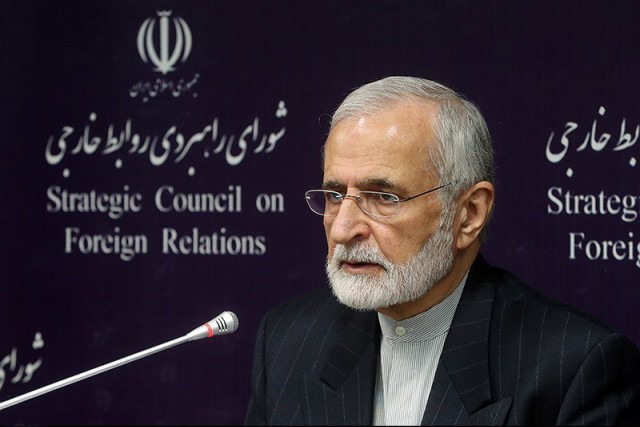Dr. Kamal Kharrazi said that the document is based on Paragraph 6 of a statement signed by the two heads of state during the Chinese president’s visit to Iran in 2015, and the Strategic Council on Foreign Relations played its role in encouraging the relevant officials of the two countries in formulating the document and following up its signature.
Asked about the role Dr. Ali Larijani played in approving this document, the President of the Strategic Council on Foreign Relations said: Given that governments in Iran are changing and in the next 25 years different political orientations may take over the government, the Chinese government, which has emerged from a consistent ruling party, insisted that a representative of the leadership be involved in this work; so Dr. Larijani, as an advisor to the Supreme Leader, played this role to emphasize the continuation of the cooperation.
Our reporter asked Dr. Kharrazi: “why the full text of the document is not published” and he replied: “there are other countries that have signed a similar document with China and have not publish it either, because the strategic cooperation documents are considered as matters of national security and not publishing such documents is a well-established protocol. Of course, when on the basis of the strategic documents, agreements or contracts are concluded between the two countries, they must naturally be approved by the parliaments of the two countries, and as a result the text of those agreements will be made public.










0 Comments